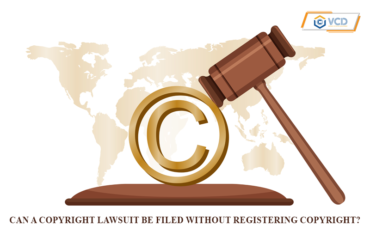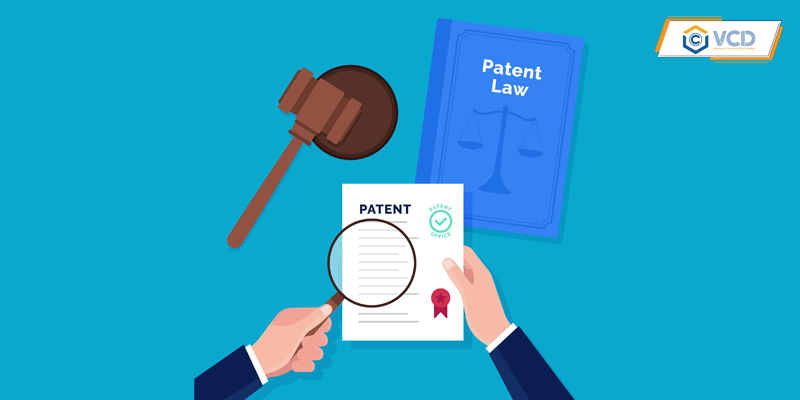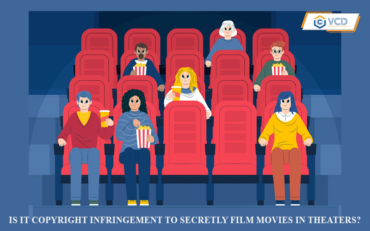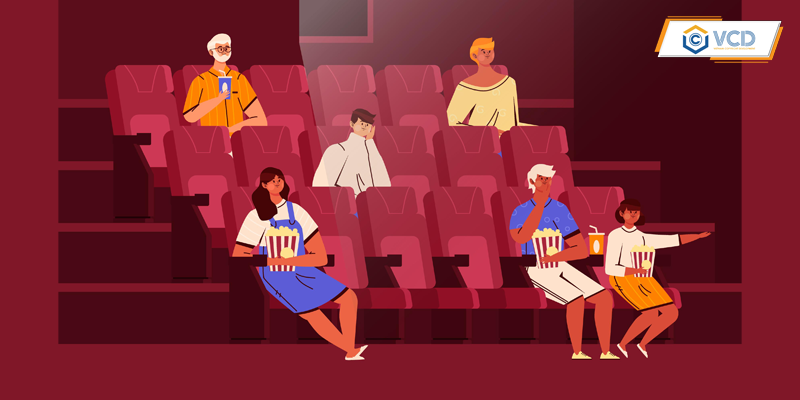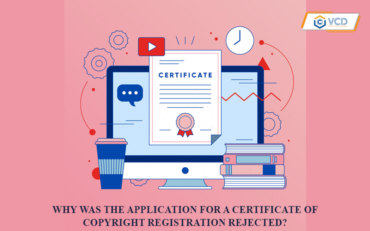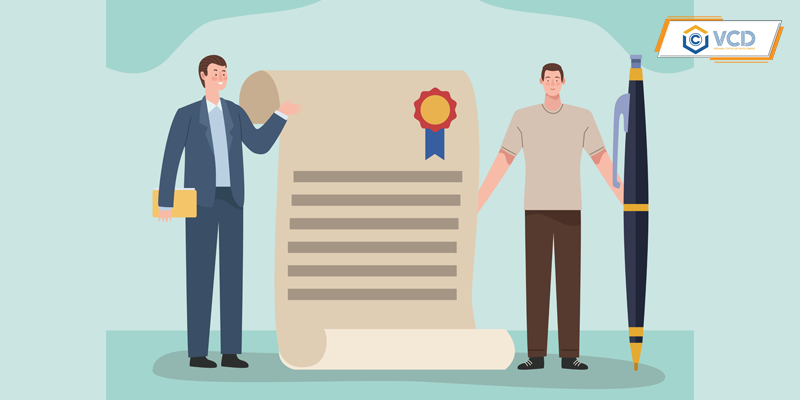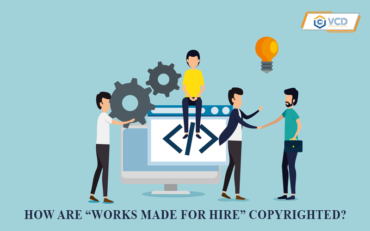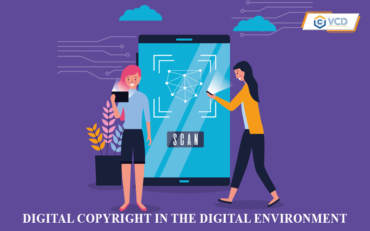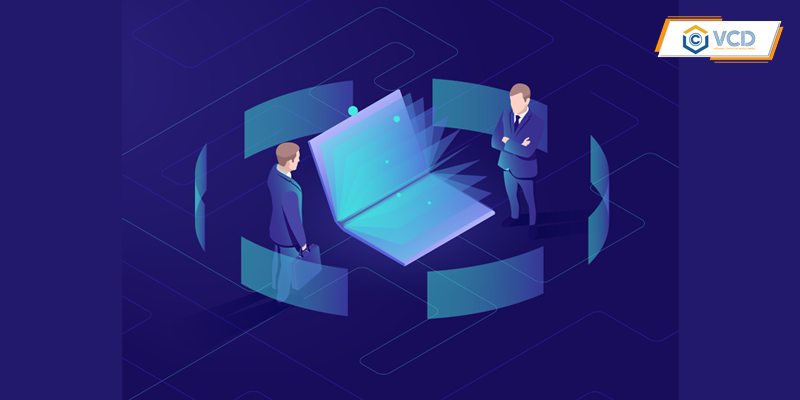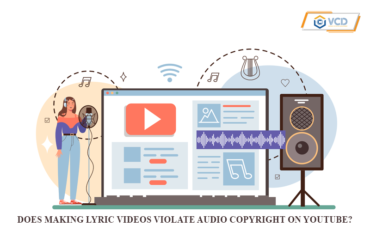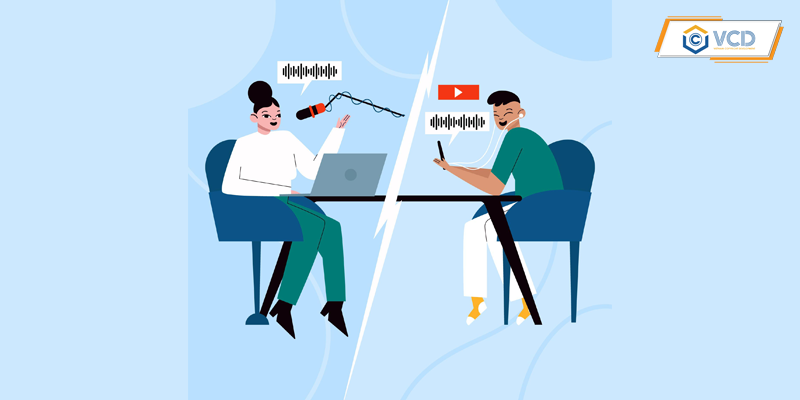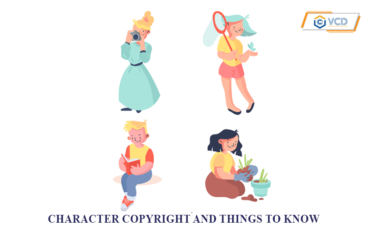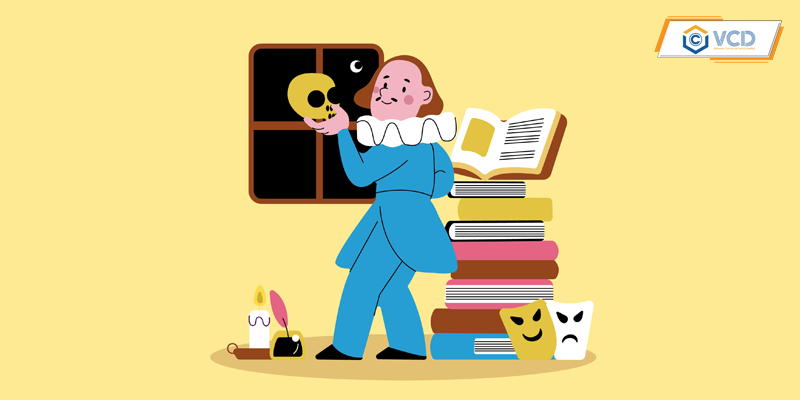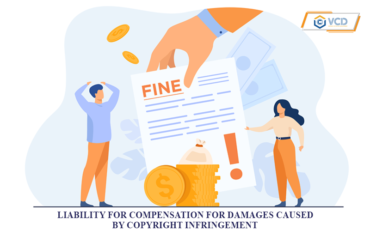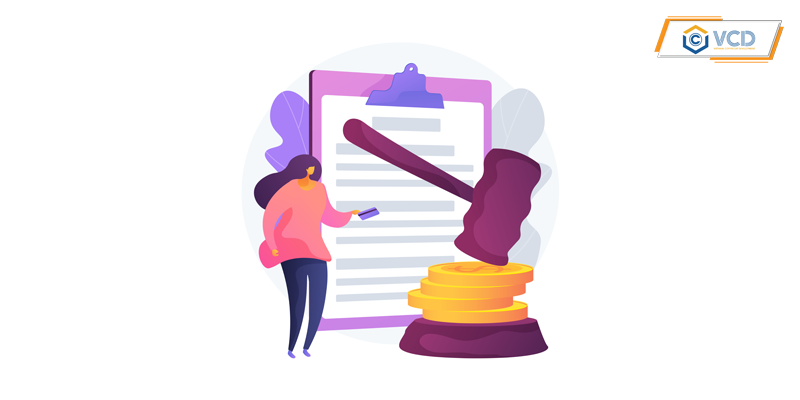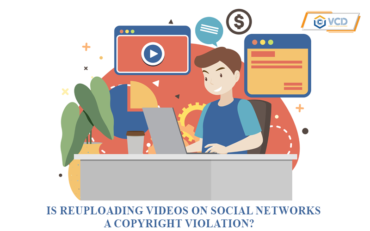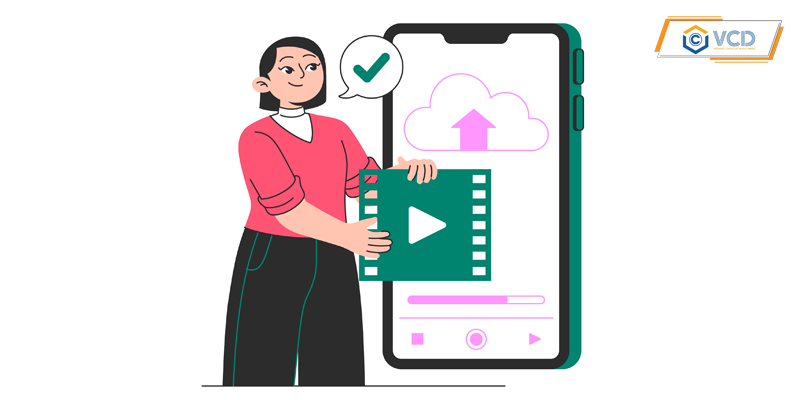Can reality TV shows be registered for copyright protection?
Reality TV shows have become an indispensable cultural phenomenon in modern entertainment life. With authentic stories, unexpected situations and the participation of real characters, this genre attracts millions of viewers every day. However, besides that appeal, an important issue is rarely mentioned: intellectual property rights and the ability to protect copyright for reality TV shows. So, are reality TV shows copyrighted? The following article from VCD will help you.
1. What is a reality TV show?
Reality TV is a genre of television shows that focuses on displaying situations that occur without a script with content that is realistic and not fictional.
A reality show is usually built on the following components:
- Idea: Every reality show starts with a basic idea which can be a challenge, a competition or an aspect of everyday life that the producer wants to explore.
- Situations and scenarios: Based on the idea, the producer develops the scenario and the situations that the participants will face.
- Contestants or participants: These are the people who participate in the show, who can be individuals, teams or couples. They are selected based on criteria such as skills, positive personalities or the ability to create competition.
- Judges or coaching team: Individuals or groups of experts are selected to evaluate or guide the contestants during the performance of tasks.
- Rules and regulations: Every show has specific rules and regulations that the contestants must follow to ensure fairness and safety for all participants.
- Challenges or tasks: contestants must face different challenges or tasks to advance further in the program.
- Production process: The above elements are organized and managed through a strict production process including planning, filming, directing and editing.
In addition, according to Clause 10, Article 3 of the Press Law 2016, it is stipulated that: Radio and television programs are a collection of news and articles on spoken and visual newspapers on a topic within a certain duration with recognizable signs of opening and ending.
Therefore, a reality TV program is a collection of news and articles on spoken and visual newspapers on a topic within a certain duration with recognizable signs of opening and ending.
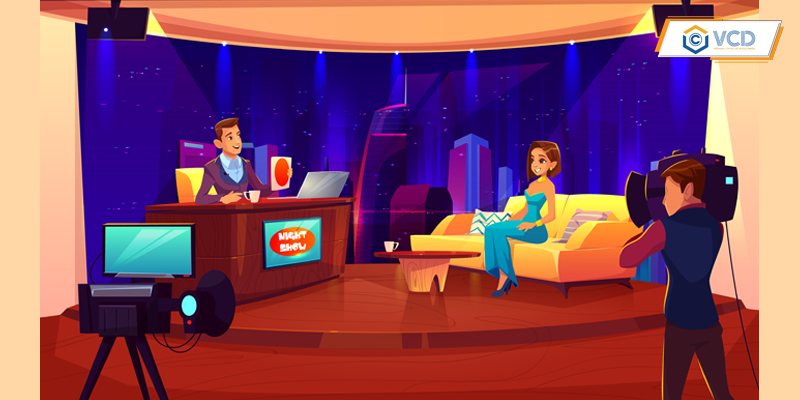
2. Are reality TV programs registered for copyright protection?
Copyright of reality TV shows is understood as a script that plans to record all the details of the elements that make up a program, including many stages from the script to the organization.
At the same time, according to the provisions of Clause 6, Article 6 of Decree 17/2023, which stipulates the protection of copyright for the following types of works:
Article 6. Types of works protected by copyright
…
6. Cinematographic works and works created by similar methods as prescribed in Point e, Clause 1, Article 14 of the Law on Intellectual Property are works with content expressed in continuous moving images or images created by technical and technological devices; with or without sound and other effects according to the principles of cinematographic language. Still images taken from a cinematographic work are part of that cinematographic work.
Cinematographic works do not include video recordings for the purpose of disseminating news on radio, television, cyberspace; art performances, electronic games; video recordings of the activities of one or more people, describing events, situations or reality shows.
Therefore, reality shows are one of the objects protected by copyright according to the above provisions. Registering copyright for reality TV shows means making a declaration of legal ownership of the author or owner of that program.
A dossier for copyright registration for reality TV shows includes:
- Copyright registration form
- A copy of the work registered for copyright or a copy of the subject of copyright registration.
- The author’s citizen identification card.
- The organization’s business registration certificate if the owner is a company.
- Power of attorney if the person submitting the application for copyright or related rights registration is an authorized person.
- Documents proving that the copyright owner is self-created or assigned a creative task, signed a creative lease contract, inherited or transferred.
- Written consent of co-authors if the work has co-authors.
- Written consent of co-owners if the copyright or related rights are jointly owned.
The above is the article “Can reality TV shows be registered for copyright protection?” that VCD sends to you. We hope this article is useful to you.
Sincerely,


